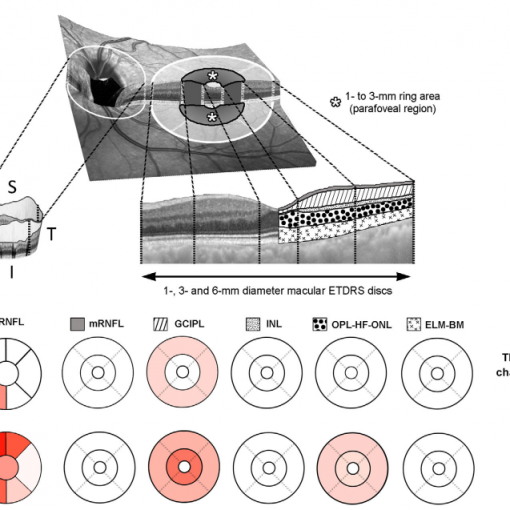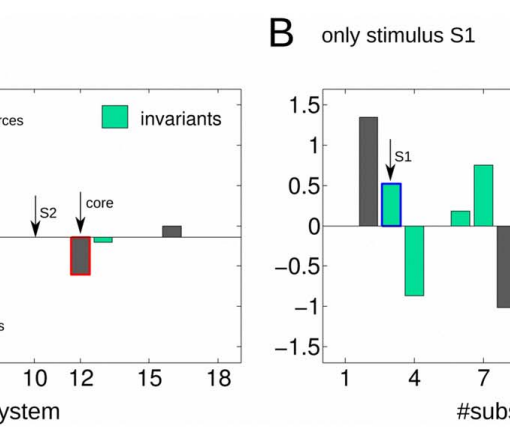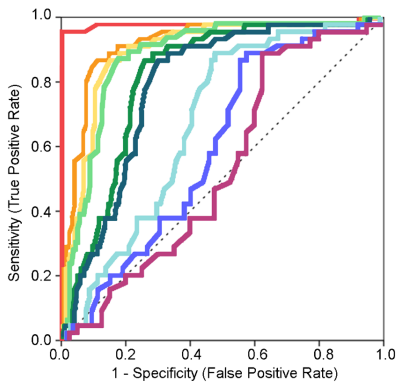I. Ortega-Martinez, J. Gardeazabal, A. Erramuzpe, R. Fernandez-Suarez, E. Alonso-Tejerina, G. Perez-Yarza, J.M. Cortes, I.M. de la Fuente, A. Asumendi and M.D. Boyano. Serum Proteomics in Melanoma Biomarker Discovery. 13th Annual World Congress of the Human Proteome Organization 2014.
Introduction and objectives
Patients with early-stage melanoma and no lymph node involvement have a high likelihood of cure after complete excision of the tumor by surgery. However, there is no effective treatment for metastatic melanoma, which makes it a potentially lethal form of cancer. The aim of our work is to identify a set of markers of malignant progression that could be used in the prognosis of malignant melanoma.
Methods
Proteomic profiles of sera obtained from melanoma patients with good prognosis (ten years disease-free after surgery of the primary tumor) and patients who developed metastasis during the first two years follow up were compared. Serum samples were obtained from peripheral blood of patients at the moment of diagnosis and stored at -80ºC until use. We applied 2D electrophoresis analysis, after enrichment of low-abundance serum proteins by ProteoMiner kit. Gels, stained with SYPRO were analyzed with Progenesis SameSpots software. The spots of interest were excised, digested by trypsin, and subjected to LC-MS/MS analysis.
Results and Discussion
Seven of the forty-four identified proteins were selected for validation by ELISA assay in 100 controls and 348 melanoma patients in early stages (I and II according AJCC). These proteins were Serum amyloid A4, Clusterin, Apolipoprotein A1, Ficolin 2, Vitronectin, Junction Plakoglobin and Dermcidin. Melanoma patients presented higher serum levels of all these proteins compared to healthy controls. Multivariate analysis of serum values of these proteins and clinical data showed that levels of Apolipoprotein A1, Vitronectin and Dermcidin are related with metastatic progression of melanoma. Moreover, REPTree algorithms revealed that patients with a melanoma in stage II and serum levels of Dermcidin <2,9 mg/ml developed metastasis during follow up (83% correctly classified instances).
Conclusions
Serum proteomic and data mining methods could be valuable tools to identify new potential prognosis serum biomarkers for melanoma progression.





